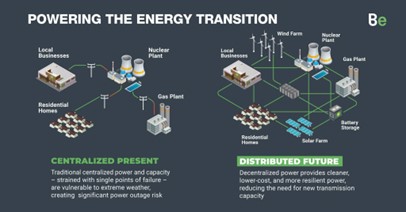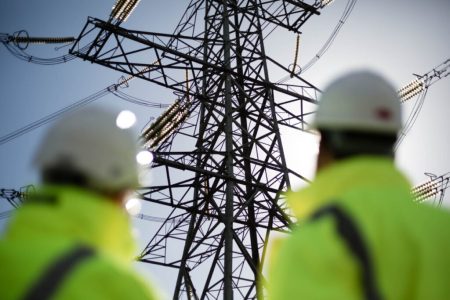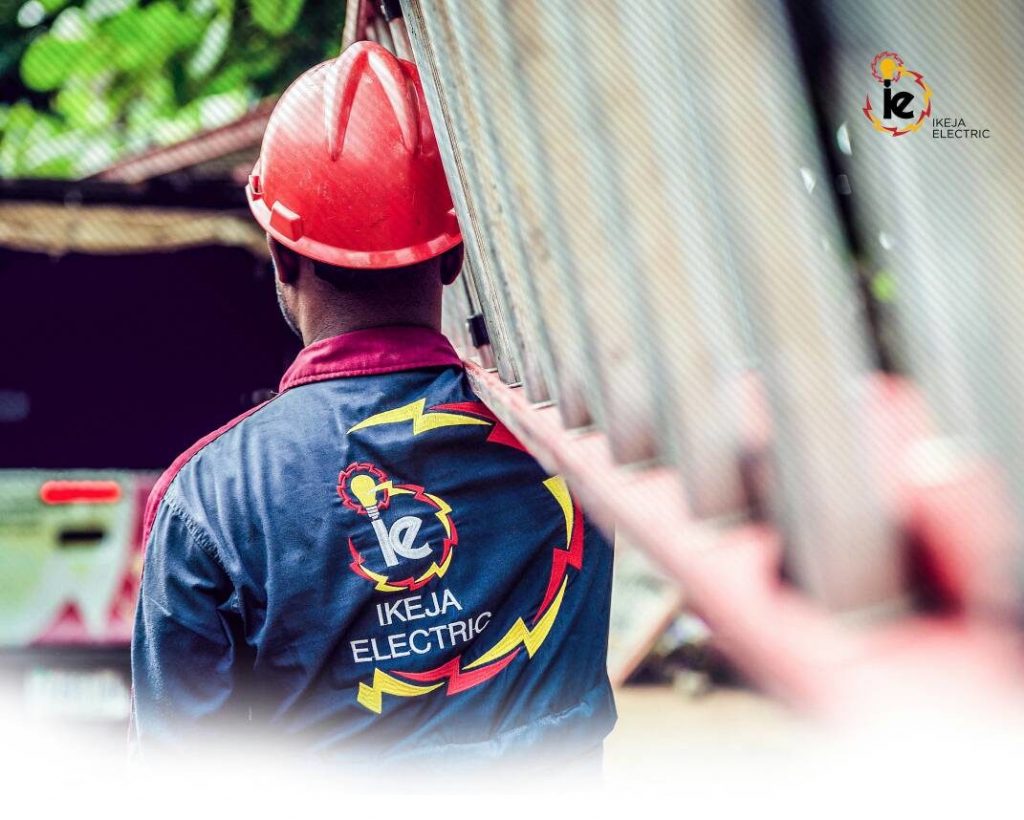 02 July 2013, Lagos – Federal Government’s target of power generation hitting 10,000 Mega Watts in December, may well be wishful thinking as Nigeria currently generates less than 3,000MW.
02 July 2013, Lagos – Federal Government’s target of power generation hitting 10,000 Mega Watts in December, may well be wishful thinking as Nigeria currently generates less than 3,000MW.
Over the years successive governments have set generation targets that were never realized, thus leaving major companies and small scale businesses to rely heavily on generating sets at higher costs for the survival of their businesses.
Familiar excuses
Numerous excuses were offered for the failures to achieve the targets, and indeed, the continuing epileptic supply of electricity to Nigerians.
Nigerian electricity consumers are already very familiar with these excuses, which range from inadequate funding to poor infrastructure, shortage of gas supply to pipeline vandalism. Even flooding and inadequate rainfall have also been cited as generation challenges.
So it did not come as a surprise when the Transmission Company of Nigeria, TCN, attributed the current drop in generation to 2,290MW to the vandalism of two major gas pipelines supplying gas to eight power generating stations in the country.
The affected plants according to TCN include Egbin/AES Thermal Stations, Olorunsogo, Omotoso, Geregu NIPP, Afam IV and VI Thermal Power Stations as well as River State Independent Power Station, resulting in drastic reduction of power supply by 1,598MW.
Coping with constant outages
It has been identified that electricity galvanizes national and global economic activities; even to communicate with one another is powered by electricity.
Accordingly, telecommunication operators are not finding it funny to continue to run their transmission masts on a 24-hour standby diesel generating sets across the country.
The financial burden of running such telecoms masts is being shifted to consumers through higher tariffs and other mouth-watering promos.
Already, companies who cannot cope with the additional costs, have either been forced to close shop, or as is becoming the trend simply relocated to neighbouring countries.
The Director, Membership and spokesman of the Nigerian Association of Small and Medium Enterprises, NASME, Mr. Nerus Ekejie, told Sweetcrude that some members may be forced to relocate to neighboring countries if the drop in power supply persists.
“The drop in power supply has affected the operations of SMEs in the country and this has resulted in high prices of goods and services. Also, some companies have been shut down intermittently.
“Recently, there have been increases in prices of products in the market, but I can’t give the actual percentage of increases. But if the power situation persists, some of our members may be forced to move to neighboring countries as they did in the past, but they came back when the power situation improved,” he said.
An SME operator in Lagos mainland, Mr. Sheriff Amodu, told our correspondent that epileptic power supply has almost forced him out of business as he could no longer meet the demand from his customers.
“As a professional welder, my job requires constant power supply, but in the absence of that I resort to generating my own power, which is often expensive to do. In order to survive and stay in business, I often increase the cost of my products, but I usually get complaints from my customers, saying that my products were too expensive.
“How will I survive? Recently we heard that power generation had dropped to about 2,000MW, which automatically means that small businesses like mine will fizzle out or better still relocate to neighboring Ghana and Togo where power supply is stable.”
The Chairman, Manufacturers Association of Nigeria, MAN, Mr. Isaac Ade Agoye, noted that the lack of adequate power supply despite efforts by the government to improve power generation and distribution is most worrisome.
Agoye, who said this at MAN’s 45th Annual General Meeting, said that the upward review of electricity tariffs approved by the Federal Government to attract potential investors into the sector have did not yield the required results.
Tariff increases amid darkness
While consumers struggle to accept the reality of the epileptic power supply situation they have been faced with for decades, consumers in some part of Lagos have expressed their fury over the recent increase in Fixed Meter Charges for pre-paid meters.
The consumers described the development as day-light robbery by the Federal Government, as there has been no stable power supply to justify the increase.
Prior to the take off of the new tariff on June 1, 2012, tariff was N500, but was increased to N750 in June 1, 2013.
An aggrieved consumer, who simply gave his name as Wole in Egbeda area of Lagos, said: “I use pre-paid meter, but all of a sudden, I discovered in June that my fix charge has increased from N500 to N750. Where is the power supply to justify this act of wickedness by PHCN?
“If the light is constant, they can increase tariff to whatever level they want to and we will be ready and willing to pay. But when there is no stable power supply and you come to increase our charges, I think that is the height if insensitivity on the part of both government and PHCN.”
Speaking on the free pre-paid meter, an artisan Mr. Austine, explained that there have been counter and misinformation flooding the newspaper about it.
“The Federal Government came and said pre-paid meter is free, but now they are singing a different tune, saying that it is no longer free. Which one are we going to believe?”
Our tariffs are the cheapest in the world
However, the Nigerian Electricity Regulatory Commission, NERC, maintained that prices in Nigeria are the cheapest in the world.
The commission defended that the increases were meant to boost investors’ confidence in the ongoing privatisation process in the power sector.
The NERC Chairman, Dr. Sam Amadi in a telephone chat, argued that the N750 was not too much for a fixed charge, even as he admitted that: “My worry is that there is no electricity.
“The N750 is not too much to pay, it is one of the lowest ever in the world. The problem we have is that Nigerians are used to paying nothing.
“This new increase is a basic requirement to attract investors in the power privatisation bid process but as time goes by the price will drop when investors have recovered their monies.
“As long as electricity is generated on a daily basis, the fixed charge must be paid and that is how you can guarantee return of investment. The increase will favour investors.”
The NERC boss further argued that it is cheaper for electricity consumers to stay connected to national grid as against generating power from generating sets.
Recall that Nigerian Electricity Regulatory Commission, NERC announced that Nigerians will pay between N25,000 and N50,000 for pre-paid meters under the Credited Advance Pay for Metering Implementation (CAPMI) scheme.
NERC explained that the process will be very effective because about five Distribution Companies are to be used for the pilot scheme of CAPMI, these companies include Ibadan, Eko, Benin, Abuja and Kano.
Nigeria
*Kunle Kola, Vanguard



